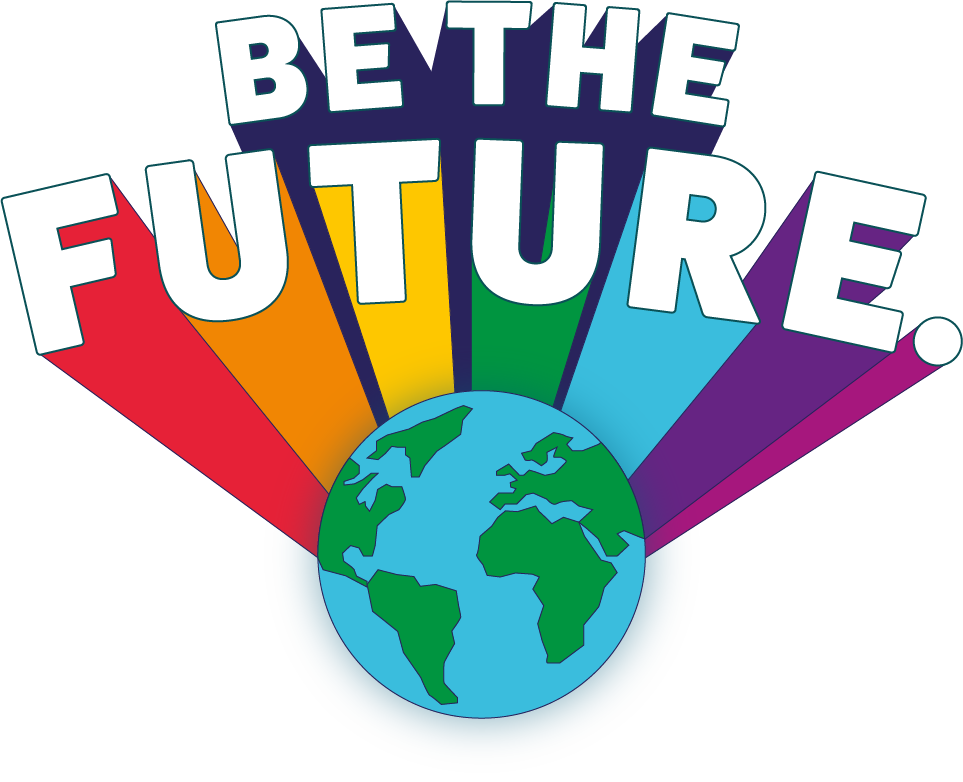4 Things You Need To Know About The Ocean
4 Things You Need To Know About The Ocean is now live on the Hope. Act. Thrive podcast with our special guest, Josheena Naggea.
Why you’ll want to listen to this episode.
“It’s important to foster ocean empathy in as many ways as we can,” says Josheena Naggea, an ocean advocate and doctoral candidate at Stanford University.
Her community-based research focuses on small-scale fisheries, protected area management, and the valorization of natural and cultural heritage in marine governance in the Western Indian Ocean. She has most recently worked on assessing the compounding social impacts of COVID-19 and the 2020 Wakashio oil spill disaster on coastal communities in Mauritius, her home country.
Josheena is interested in understanding people-nature connections and how that influences pro-ecological behaviour, which refers to the actions that people take to either reduce environmental harm or actively help restore the natural environment.
In this conversation, we’ll talk about the concept of the social ocean, ocean advocacy, and connectedness to nature.
Why we were thrilled to chat with Josheena.
Josheena is an ocean advocate and doctoral candidate at Stanford University, studying marine governance in the Western Indian Ocean.
Her community-based research focuses on small-scale fisheries, protected area management and the valorization of natural and cultural heritage in marine governance.
She has most recently worked on assessing the compounding social impacts of COVID-19 and the 2020 Wakashio oil spill disaster on coastal communities in Mauritius, her home country.
She is interested in understanding people-nature connections and how that influences pro-ecological behaviour, which refers to the actions that people take to either reduce environmental harm or actively help restore the natural environment.
Words from Josheena you won’t want to miss.
“It’s important to foster ocean empathy in as many ways as we can. I see kids being more excited about the ocean now - and then they are able to connect the dots better. And at a younger age.”
“It’s important to think of both the challenges, but also of the opportunities and solutions, that are being taken at individual, local, national and also global levels.”
“We have to work across these different spheres and these different levels, so that we can actually make progress.”
“More globally, there’s also a push to incorporate the voices of indigenous and coastal communities more when we are thinking of boosting this blue economy.”
“With 90% of big fish populations depleted and almost 50% of coral reefs damaged - the problem we are facing right now is that we are taking more from the ocean than can be replenished.
“Seeing the younger generation be at the forefront of climate justice and environmental movements have given me a lot of hope.”
“We are seeing people across spheres and hierarchies talking about sustainability and sustainable actions they are taking. So that gives me a lot of hope.”
How can you listen?
Listen to this conversation on Apple, Google, or Spotify.
Find out more about Be the Future on Instagram and your Hope. Act. Thrive. hosts Sally Giblin and Helen Hill.

